China in IOR: ‘peaceful rise’ no more
China has expanded its presence in the Indian Ocean Region. President Xi Jinping has abandoned Deng Xiaoping’s conciliatory posture for an aggressive, money-fuelled search for super power status
 Courtesy: Western Naval Command
Courtesy: Western Naval Command
China has expanded its presence in the Indian Ocean Region. President Xi Jinping has abandoned Deng Xiaoping’s conciliatory posture for an aggressive, money-fuelled search for super power status
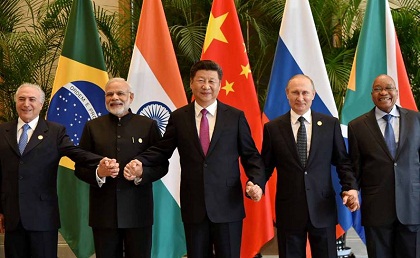 Courtesy: Narendra Modi/ Flickr
Courtesy: Narendra Modi/ Flickr
BRICS, which has always been committed to enhancing solidarity, is now entering its second decade – even as tensions between its two most consequential members remain unresolved and member states and other emerging markets are set to serve as “the main engine” of global growth
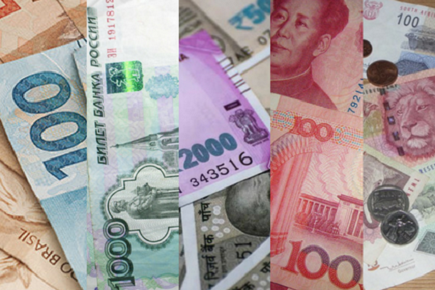 Courtesy: Gateway House
Courtesy: Gateway House
The multi-polar world that BRICS nations seek is not a reality yet and the differences between them do exist. But the BRICS summit in September offers leaders an opportunity to examine a few important financial issues before they can dictate the global agenda
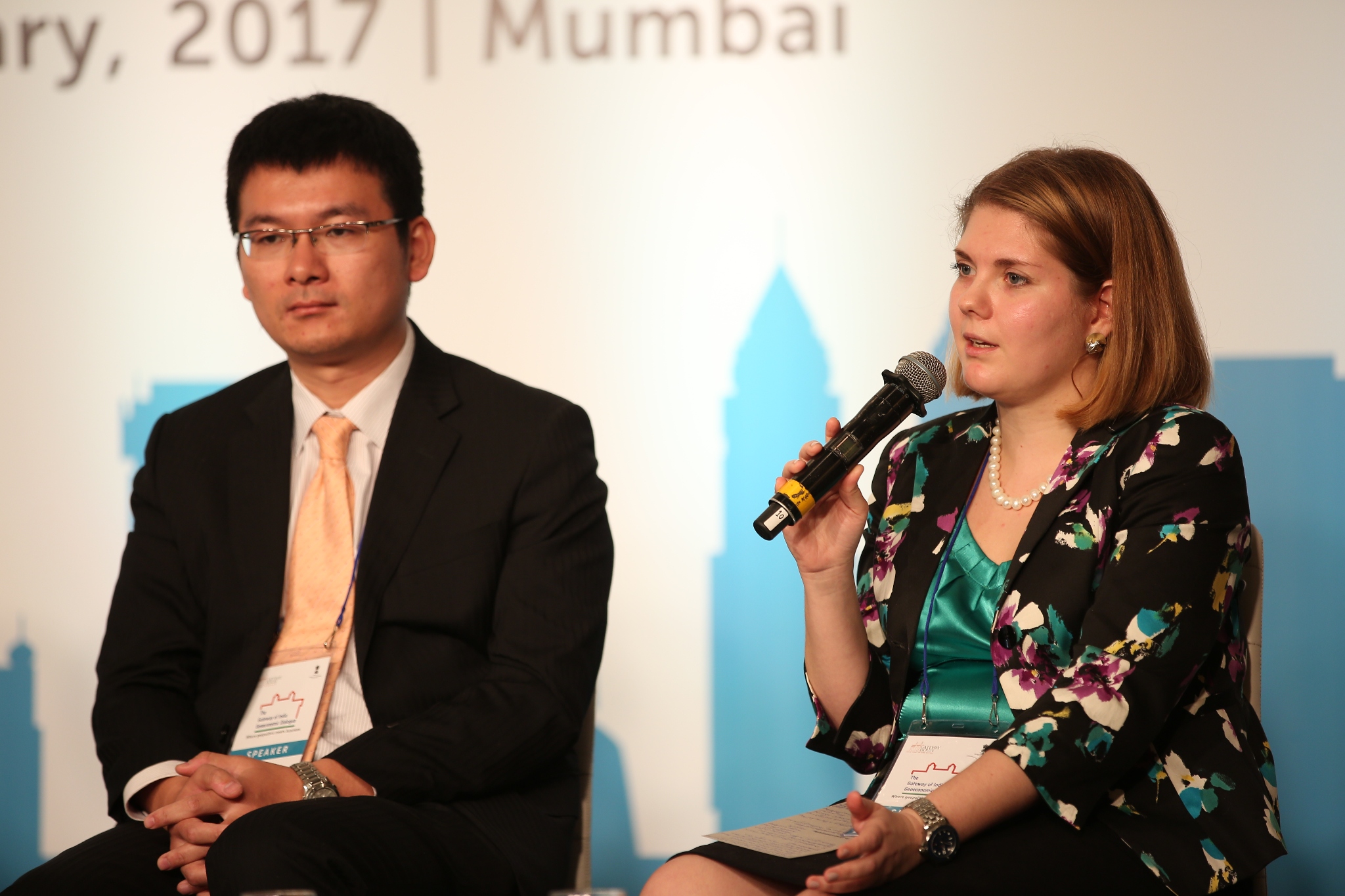 Courtesy: Gateway House
Courtesy: Gateway House
In this interview Anastasia Likhacheva discusses the impact and a few of the positive externalities of the oil price drop, sanctions and counter sanctions on the Russian economy. Despite Trump’s obvious warmth towards Russia, she doesn’t foresee any major agreements signed between the two countries due to the roadblocks that can be placed by the U.S. Congress and the U.S. Senate. She further describes the role she sees Russia undertaking in Asian financial institutions like the NDB and the AIIB in the future.
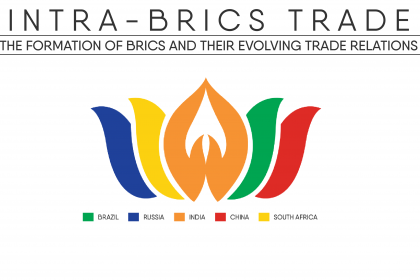 Courtesy: Gateway House
Courtesy: Gateway House
This infographic seeks to trace the evolution of BRICS from O’Neill’s original vision to its current form, while illustrating how intra-BRICS trade has evolved over the past 15 years.
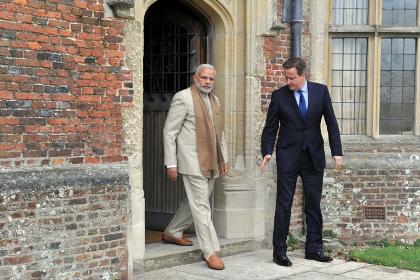 Courtesy: MEA / Flickr
Courtesy: MEA / Flickr
The result of the Brexit referendum is nothing less than a body blow to Bretton Woods organisations, International Monetary Fund-North Atlantic Treaty Organisation (NATO)-World Bank, that originated at the end of the Second World War. The possibility of an Asian century becomes more feasible, if India can be nimble enough to make the most of the opportunity which has presented itself in Europe.
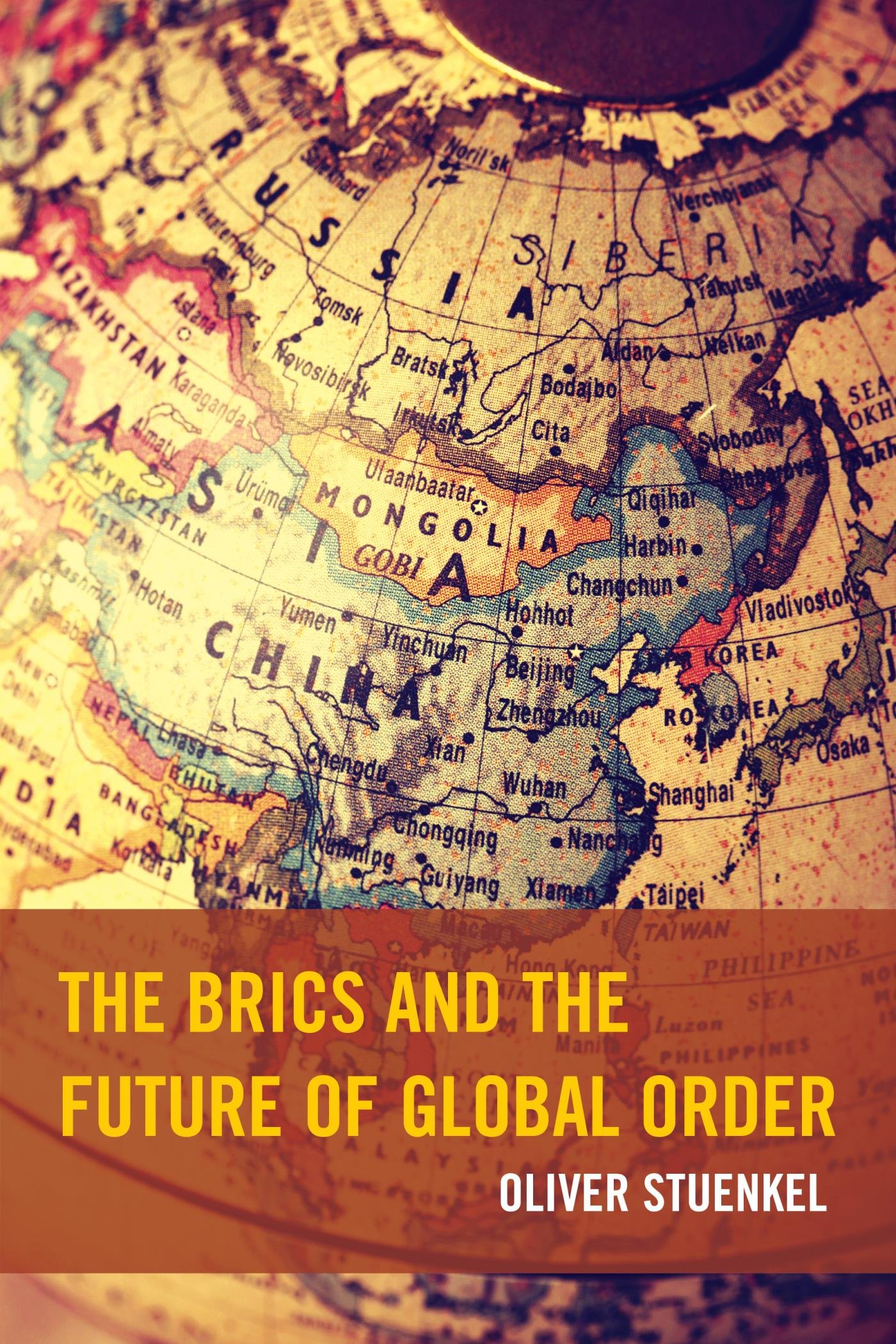 Courtesy: Lexington Books
Courtesy: Lexington Books
Oliver Stuenkel's book provides a well-researched account of the evolution of BRICS – starting from the forum’s inception in 2009 to the present – and the interactions between Brazil, Russia, India, China and South Africa on global issues.
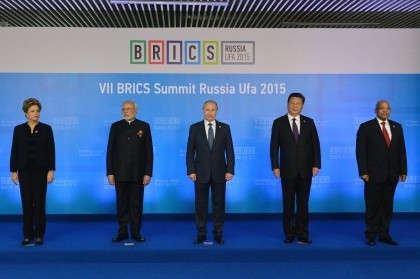 Courtesy: Wikipedia
Courtesy: Wikipedia
At a recent international seminar on BRICS Studies, in addition to the predictable themes such as building a multipolar world order and the One Belt One Road project, fresh ground was also covered, including the contours of the New Development Bank and the potential impact of the refugee crisis on BRICS countries.
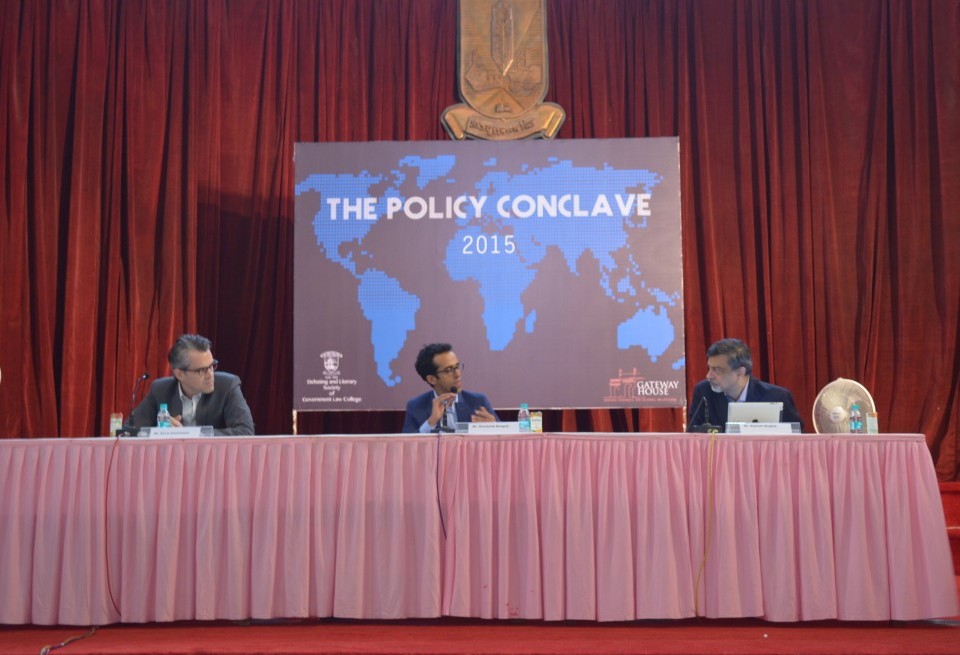 Courtesy:
Courtesy:
GLC Policy Conclave Session 1: The New Financial World Order Shashank Bengali (SB): So, Rajrishi, can you tell us basically what the circumstances were that led to the development of these new multilateral institutions? How did we get here? Read more
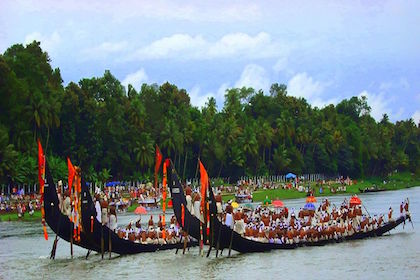 Courtesy: Arun Sinha/Flickr
Courtesy: Arun Sinha/Flickr
If, after nine years, BRICS remains a disparate grouping, and its trade and investment flows remain dismal, it is time to explore new avenues of cooperation to consolidate the alliance—and culture and education can provide the necessary cementing factor when combined with the New Development Bank